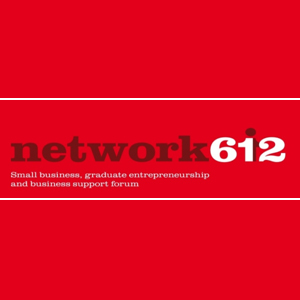Michelle Pratama is a second year undergraduate, studying Accounting & Finance with a year in Industry at Kent Business School. Having undertaken an internship over the summer period, Michelle is sharing her placement journal methods, and gives her advice on how to make the most out of your internship or placement.
My Placement
This past summer I had the privilege of experiencing my very first internship with the Accounting and Finance department of a consumer goods company based in Indonesia. Even though I had no idea of what was going to happen in the office, I tried to prepare for what was about to come.
Without actually knowing what I was going to face in the internship, I knew in my head that there are two important things to bring home with me from the process; the experience, and the knowledge. With this in mind, I formulated two underlining questions for myself. How will you record the experience? and How will you remember anything and everything you learn whilst on placement?
I’m a firm believer of hand-written notes, but I also believe that writing them on paper without analysing or reflecting on them isn’t useful for anyone. If anything, the information would ultimately enter your brain through your left ear and exit through your right. As learners we have to actively process what we hear or see in order to remember it in the way that most suits our learning styles. Making diagrams and flowcharts digitally for me is a big no-no, and this is where the scanning of handwritten notes come in.
My Journal Method
I’m sharing my journal methods with others, so they too can get the most out of their placement or internship. Download the templates below:
The two templates complement one another. The first template is to be used daily to keep notes and recall what you have learned that particular day at work. The second template is to be used weekly for reflection to show how you feel about your experience.
The key to any journal writing is reflection. However, I soon learned that a daily reflection would take too much of my actual learning time, so I did it on the weekends – hence the weekly reflections! I also believe this is more effective; it allowed me to look at the bigger picture and consider all of the things I’d learnt.
They were very useful for recording new things that I learnt along the way. Making use of these self-created formats helped me to finish my final product in the internship, which summarises everything I was taught during the process. These formats can be used for any kind of experience and could eventually help you with your CV writing. I know the struggle of CV writing, especially for first-timers. Insight days, work shadowing, 1-month internships or even 3-months; write up all the things you learn along the way to help you stay on track and not lose them when you leave the building!
Many thanks to Michelle for sharing advice with us. If you need any further support or guidance on placement or employability, contact the Employability and Placements Co-ordinators at Canterbury or Medway, or Irena Jennings, Lecturer in Careers and Employability for Kent Business School.
Student Blogger:
Michelle Pratama
Hi, my name is Michelle Pratama and I’m currently studying on my second year of my BA (Hons) Accounting and Finance with a year in Industry. Sharing my personal experiences is definitely in my favorite-things-to-do list, and that’s why I joined the Kent Business Matters Blogging community. I genuinely hope the things I share can be beneficial to other students.

